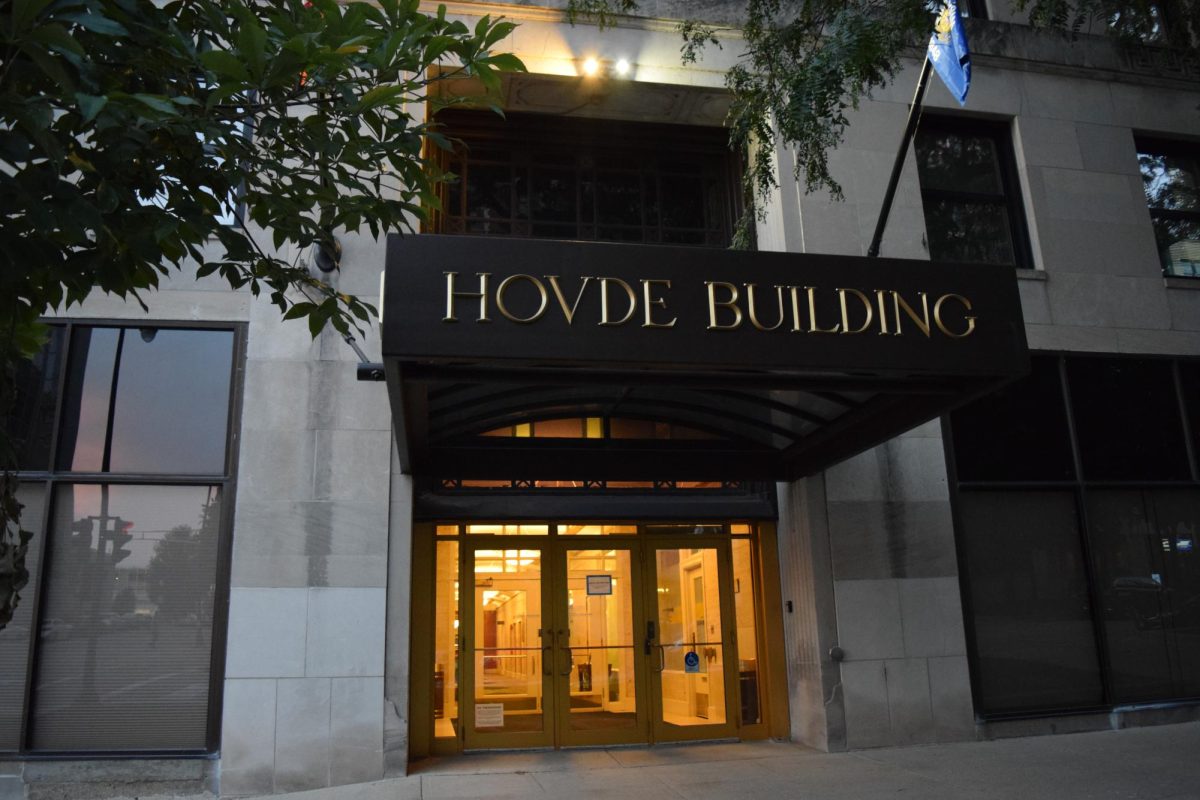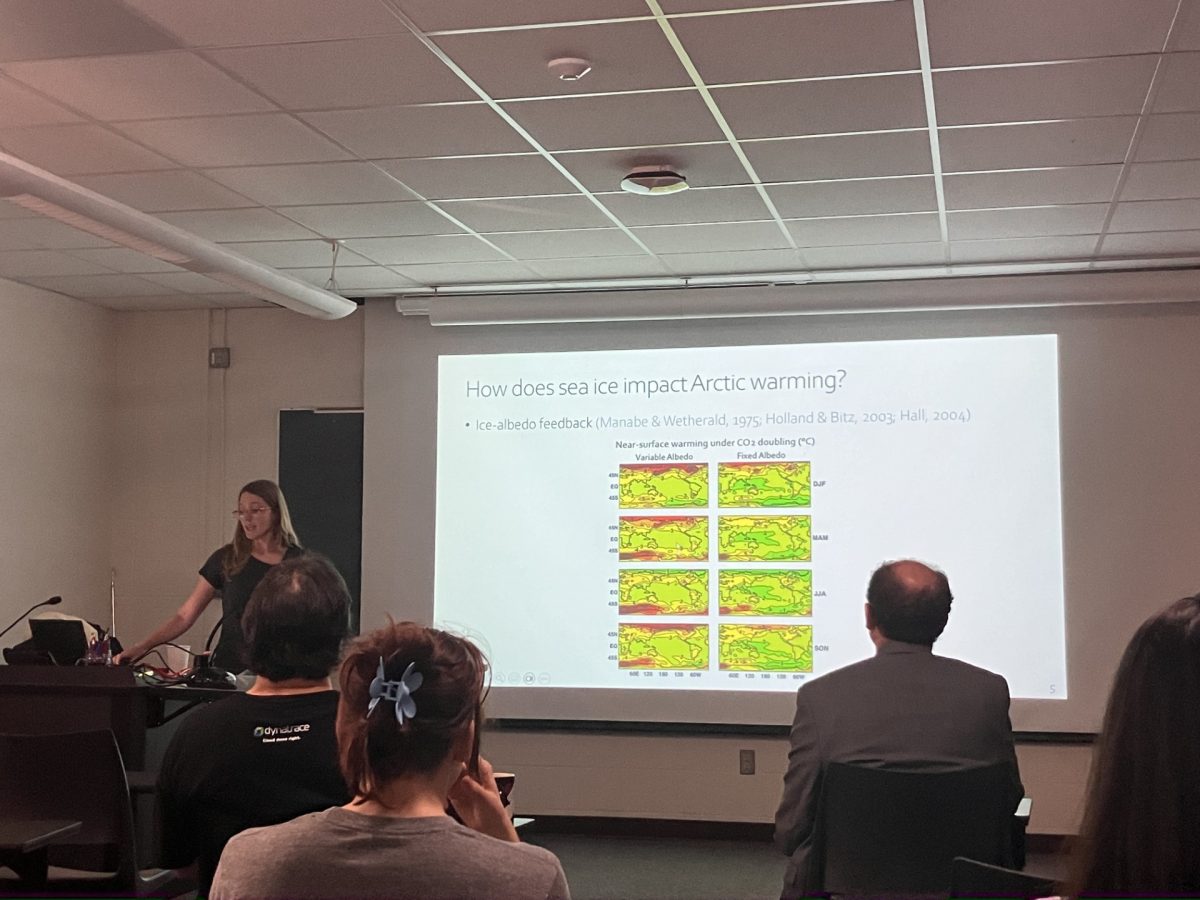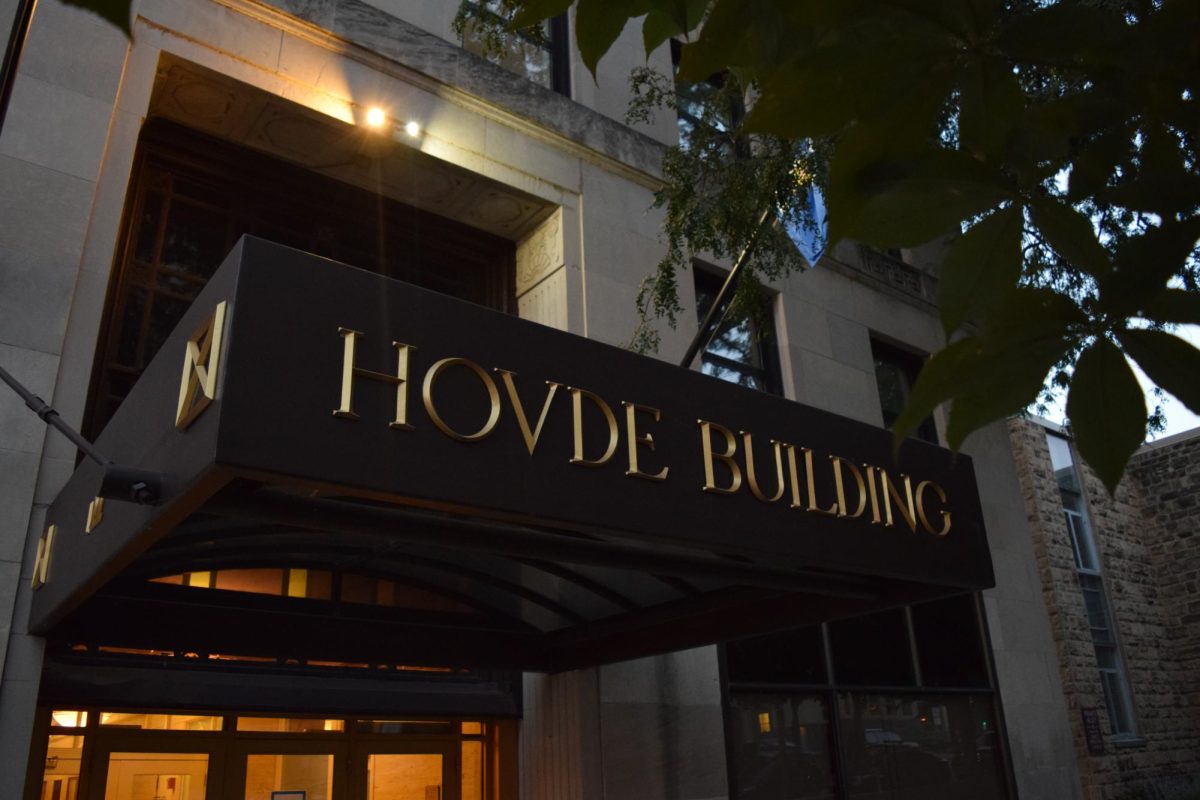Several Democratic state legislators proposed a bill that would re-establish legislative control over finances of state health programs Monday, according to a joint statement released by their offices.
The proposal comes in the wake of last week’s Department of Health Services announcement that the state will be cut $554 million from medical assistance programs such as BadgerCare and Medicaid.
The cuts will restrict health services offered, raise health care premiums, increase co-payments and impose more regulations on the children, families, seniors and individuals with disabilities who depend on Wisconsin’s health care safety net, according to the statement released by bill co-authors Sen. Jon Erpenbach, D-Middleton, Sen. Jennifer Shilling, D-La Crosse, Rep. Sandy Pasch, D-Whitefish Bay and Jon Richards, D-Milwaukee.
“The poor will be the most affected, those least able to afford health care,” said Jay Heck, executive director of Common Cause, a non-partisan political watchdog group in Wisconsin. “It will make it tougher to get on and remain on BadgerCare.”
Along with the cuts in health spending, which were a part of Gov. Scott Walker’s budget repair bill for 2011-13, the Wisconsin Department of Health Services was given authority over health financing, an oversight previously held by the state Legislature, the statement said.
“Political appointees received control of the finances for health programs in Wisconsin. As a part of the budget repair bill, the top three positions of many state departments are now political appointments instead of civil service appointments,” Heck said. “Governor Walker put enormous control in the hands of the executive branch, and the Republican majority was happy to hand it to him.”
According to the statement, the Democrats who proposed the legislation believe the cuts in financing of state programs, especially health programs, should be more transparent, and done by an open and accountable body; one that is responsible to the people and considers their input.
Heck said the Democrats’ legislation should receive public support.
“Most people would find this piece of legislation desirable because you don’t want too much power in one branch of the government,” he said. “Governor Walker took financial power away from the legislative branch and gave it to the executive branch. This proposal is an important check on executive power.”
Heck believes that both Democrats and Republicans in the Legislature should be concerned that their power over financing of state programs is being removed by Walker.
Still, Heck said he is skeptical the proposal will receive bipartisan support.
“The proposal will probably not get bipartisan support because that’s not how things tend to work here any more,” he said. “State government is so divided. Republicans vote in a block against Democrats and vice versa.”
According to Heck, it is possible the proposal may pass the narrow 17-16 Republican-controlled state Senate, but will likely be rejected by the Republican-heavy state Assembly.
“It’s a question of priorities. Democrats don’t think you should go after the poor. Republicans say that the rich are the ones creating jobs, so we won’t tax them,” Heck said. “The Democrats likely want to make it a campaign issue going into the recall elections coming up.”













